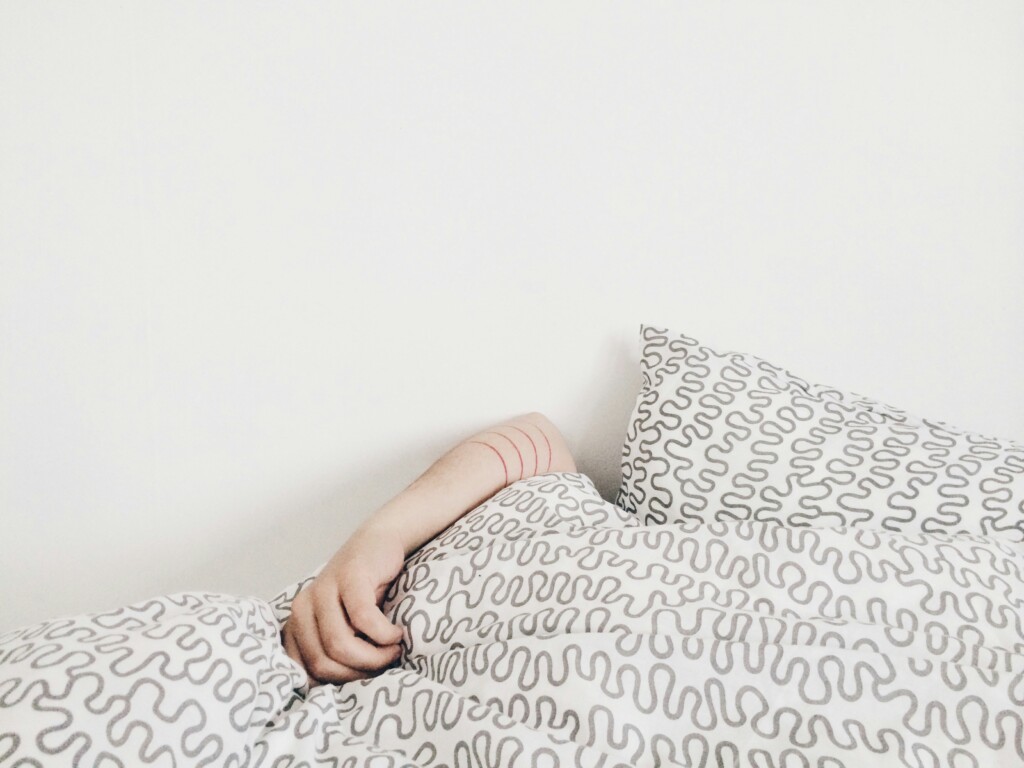Top 10 Sleep Mistakes

Wise Brothers—–Chattanooga, TN
Top 10 Sleep Mistakes
Getting a good night’s sleep is crucial for overall health and well-being, yet many people unknowingly engage in habits that disrupt their rest. Understanding and correcting these common sleep mistakes can lead to a more restful and rejuvenating sleep. Here’s a look at ten frequent sleep pitfalls and tips for overcoming them:
- Underestimating Your Sleep Needs Many people underestimate how much sleep they really need. While the general recommendation is seven to nine hours per night, individual requirements can vary. Pay attention to how you feel throughout the day—mood swings and difficulty focusing might indicate that you need more rest.
- Eating Before Bed Consuming too much or too little food before sleep can disrupt your rest. Overeating can lead to indigestion and heartburn, while going to bed hungry may prevent you from falling asleep. Aim for a light, balanced snack if needed, and avoid heavy meals close to bedtime.
- Using Screens Before Bed The blue light emitted by phones, tablets, and TVs can interfere with your sleep by disrupting your circadian rhythm. The stimulation from these screens can also make it harder to unwind. Try to put away electronic devices at least an hour before bed to help signal to your body that it’s time to wind down.
- Skipping Wind-Down Time A lack of a pre-sleep routine can make it difficult for your body to transition into rest mode. Establish a calming ritual—such as reading a book, taking a warm bath, or practicing relaxation techniques—for 30 to 60 minutes before bedtime to help signal that it’s time to sleep.
- Over-Napping While naps can be beneficial, excessive napping or napping too close to bedtime can interfere with nighttime sleep. Limit naps to 30 minutes and try to schedule them earlier in the day to avoid disrupting your nightly rest.
- Spending Too Much Time Awake in Bed Lying awake in bed can condition your body to associate the bed with wakefulness rather than sleep. If you find yourself unable to fall asleep after 20 minutes, get up, do something relaxing, and return to bed when you feel sleepy.
- Irregular Sleep Patterns Skimping on sleep during the week and trying to catch up on weekends often does not fully compensate for sleep deprivation. Maintaining a consistent sleep schedule throughout the week helps regulate your body’s internal clock and improves sleep quality.
- Inconsistent Sleep Schedule Regularity is key to a healthy sleep pattern. Variations in your sleep schedule, such as sleeping in on weekends, can disrupt your body’s internal clock and make it harder to fall asleep and wake up at the desired times.
- Excessive Caffeine and Alcohol Caffeine can stay in your system for up to eight hours, so consuming coffee or other caffeinated beverages late in the day may affect your sleep. Similarly, while alcohol might initially make you feel drowsy, it often leads to fragmented and lower-quality sleep. Aim to limit these substances, especially in the hours leading up to bedtime.
- Worrying About Sleep Anxiety about not getting enough sleep can become a self-fulfilling prophecy. If you find yourself lying awake worrying, try not to stress about it. If necessary, get up and engage in a calming activity before trying to sleep again. Focus on relaxing rather than the frustration of not sleeping.
Courtesy of The Guardian



